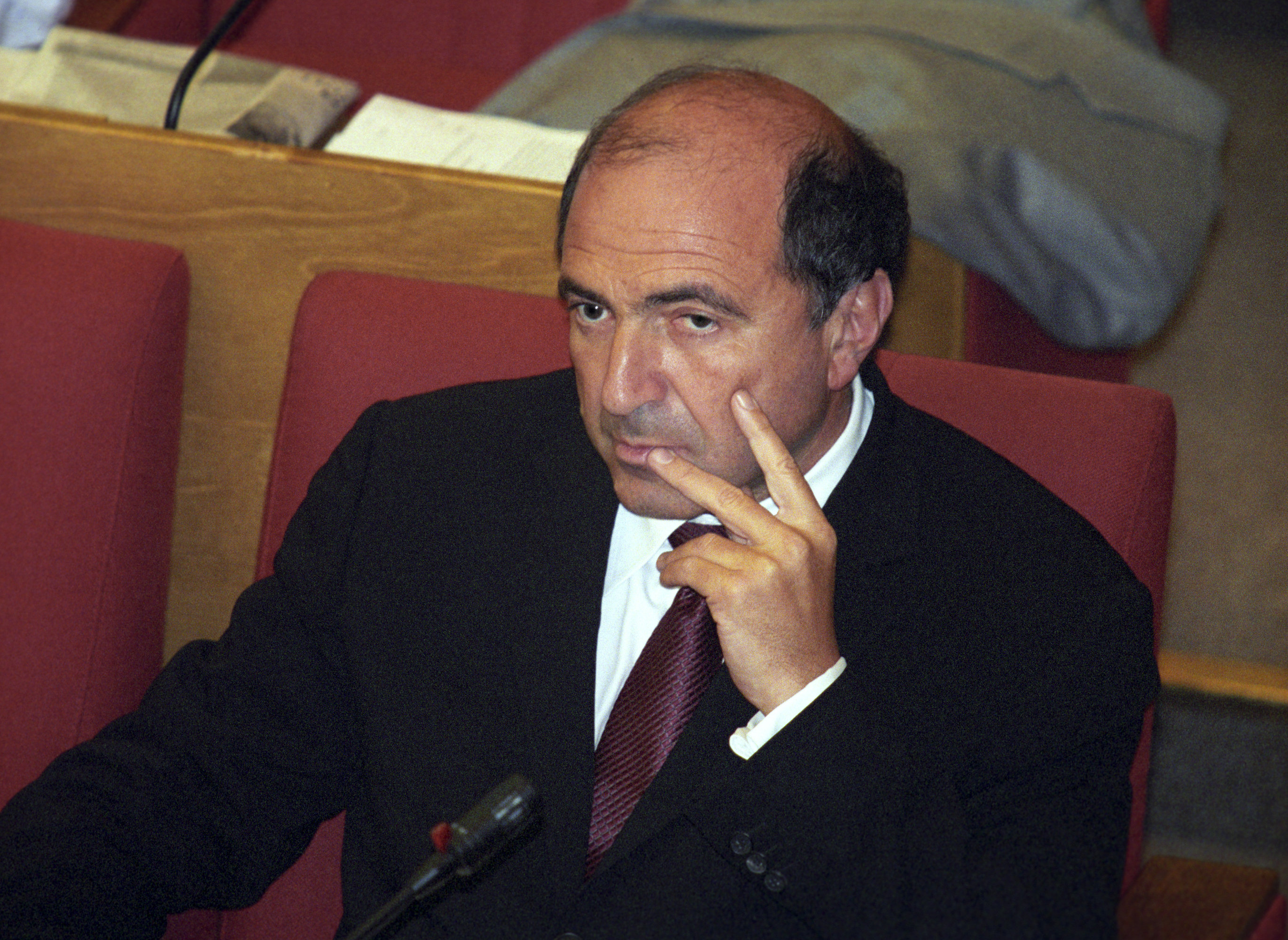MOSCOW, November 30 - RAPSI. Many Russian influential businessmen lobbied interests in 1990s, and Boris Berezovsky was not the only one who did it, Russian legal expert Ilya Rachkov said on Tuesday, testifying in Berezovsky vs. Abramovich case in the London High Court of Justice.
"There were precedents before; so many Russian oligarchs were lobbying with exactly the same results. So there was a certain market, if you wish, for these lobbying services," Rachkov said.
The court began hearing Berezovsky's $5.5 billion lawsuit against Abramovich on October 4. Berezovsky seeks compensation for assets he was allegedly forced to sell to Abramovich between 2000 and 2003. The lawsuit was filed in 2007.
Boris Berezovsky claims in his lawsuit that Roman Abramovich intimidated him and his business partner Badri Patarkatsishvili into selling a number of assets, including a 43-percent interest in the Sibneft oil company and a stake in the Rusal aluminum group, at a fraction of their value.
Abramovich challenged the statement that Berezovsky owned stakes in these companies. Chelsea football club owner said he paid millions of dollars to Berezovsky only for political protection.
Abramovich earlier agreed that Berezovsky played a key role in Sibneft acquisition and said he would have never gained control over the oil company without Berezovsky. Abramovich said Berezovsky was "a water breaker who settled all troubles."
One of the major issues occasionally addressed by the court when hearing witnesses in the trial is the lack of documents confirming parties' responsibilities in the Sibneft acquisition. Furthermore, the court has not yet succeeded in identifying the origin and purpose of payments made to Berezovsky. Meanwhile, both parties confirmed that
Berezovsky received money from Abramovich.
Jonathan Sumption, QC for Abramovich, who questioned Rachkov, asked him what was the basis for the partnership agreement under which one party committed to render some lobbying services, while the other party was virtually unable to prove whether these services were provided or not.
"I think in this case the parties well understood their duties. As Berezovsky is not a new man in business he knew what exactly he was to do when it comes to lobbying," Rachkov said.



